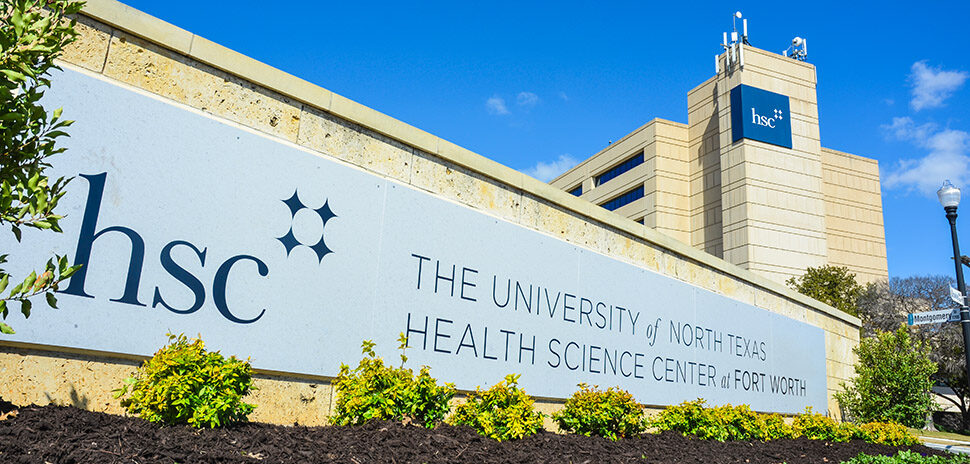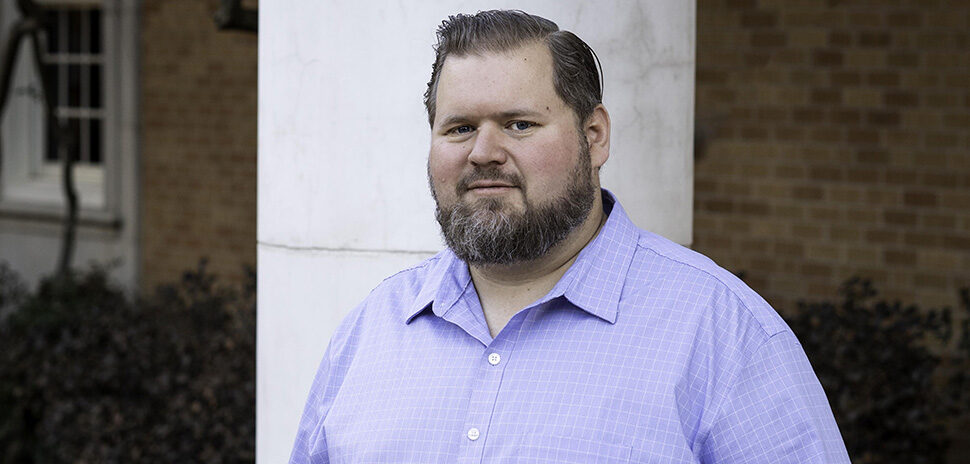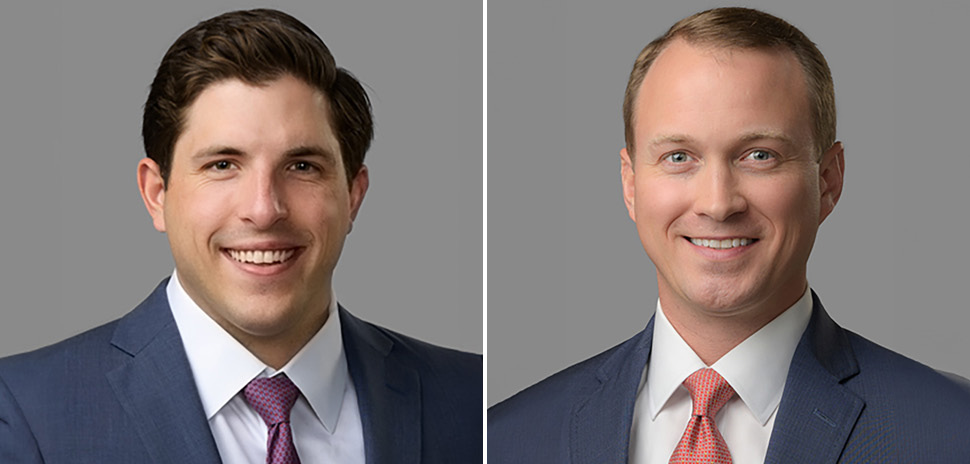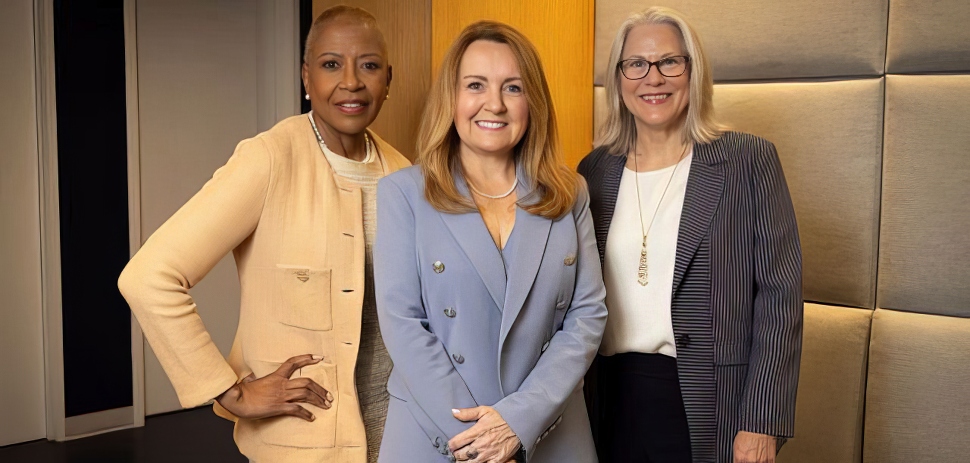University of North Texas researchers are working on a way to provide delayed treatment to stroke victims that would extend the amount of time patients could receive aid, according to a UNT Health Science Center news release.
Current medical protocols only allows patients three to four hours to get treatment, the release said. The UNTHSC researchers are working on a treatment that would give patients 24 to 48 hours to receive treatment.
Currently the required “clot-busting drug,’ tPA, is difficult for patients to get in time, Dr. John Schetz, Professor of Pharmacology and Neuroscience in the Center for Neuroscience Discovery, said. Scherzo said only 10 percent of stroke victims get to the right hospital in time and only 10 to 15 percent of the people who actually do then benefit from treatment.
“We are interested in helping a far greater number – those who get to the hospital later.”
Dr. John Schetz
Delayed treatment will call for a different approach than tPA provides. Through grants from the National Institute of Neurological Disorders and Stroke, and from the William and Ella Owens Medical Research Foundation, researchers are working to find and develop drugs that can show effectiveness even when administered in patients days after the initial stroke.
“By studying FDA-approved drugs that have been proven to be safe and effective for other conditions, the researchers hope to move a stroke medication from bench to bedside faster,” said Derek Schreihofer, Ph.D., associate professor at the Center for Neuroscience Discovery, in the release.
Researchers aim to make delayed treatment possible for all stroke victims, including those who had strokes in prior years.
“We are interested in helping a far greater number – those who get to the hospital later,” Dr. Schetz said. “With our innovative approach it might even be possible to provide some benefit to people who suffered a stroke weeks, months or perhaps even years earlier.”
Delivering what’s new and next in Dallas-Fort Worth innovation, every day. Get the Dallas Innovates e-newsletter.






































































